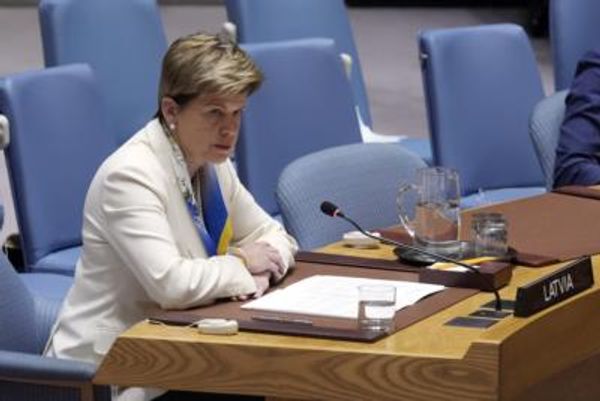
It’s official, the cost of filling up an average tank of petrol has hit £100, driven by the continued surge in oil prices.
From food to energy and much in between, the spiralling cost of living is touching all parts of the economy and our lives. The Government has belatedly taken action with the multi-billion pound package on bills. But 2022 is still set to be a painful year, with falling living standards for many.
The path out of this malaise is economic growth. Unfortunately, there is little to cheer on that front either. Yesterday, the Organisation for Economic Co-operation and Development (OECD) forecast that UK growth would flatline next year, noting that the British economy was set to perform the worst of all G20 nations except one: Russia.
The OECD blamed rising interest rates, taxes and inflation, and suggested the Government reduce taxes or cut spending in order to boost growth.
Boris Johnson is certainly under pressure from Conservative MPs to reduce the level of taxation, which has risen to its highest level since the Fifties. But he may feel he has little scope to do so, given the state of the public finances and the inflationary impact. Brexit, meanwhile, with its devastating impact on trade, has made this already gargantuan task harder still.
Beyond buying the short-lived acquiescence of disgruntled backbenchers, the Prime Minister and Chancellor must set out the long-term plan to get the economy firing and ease the pain for hard-hit households.







